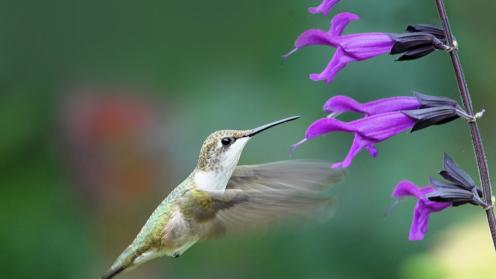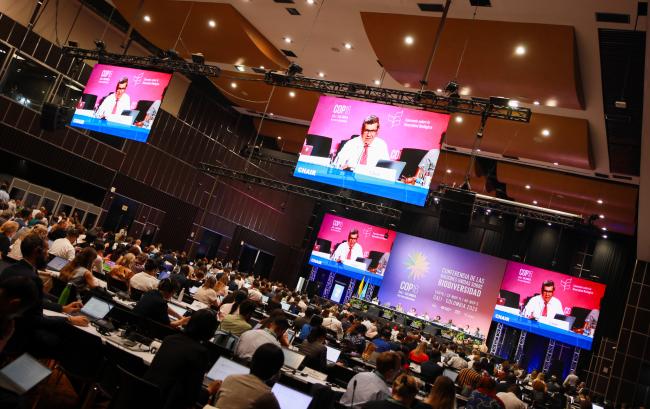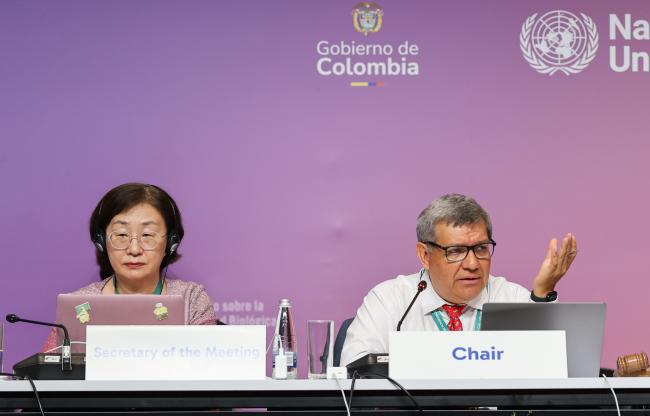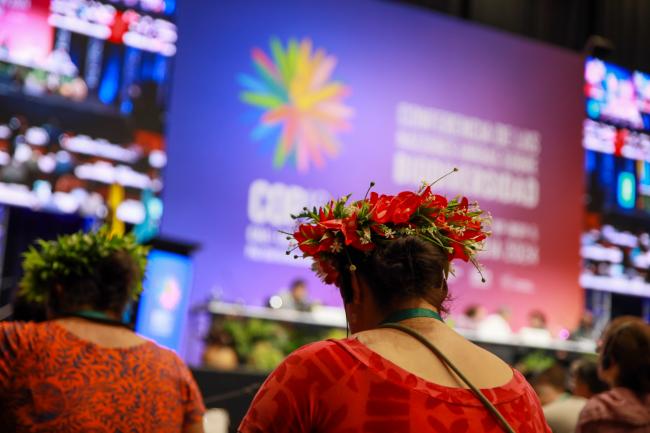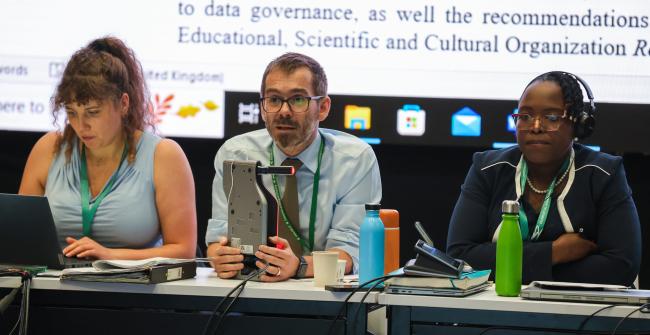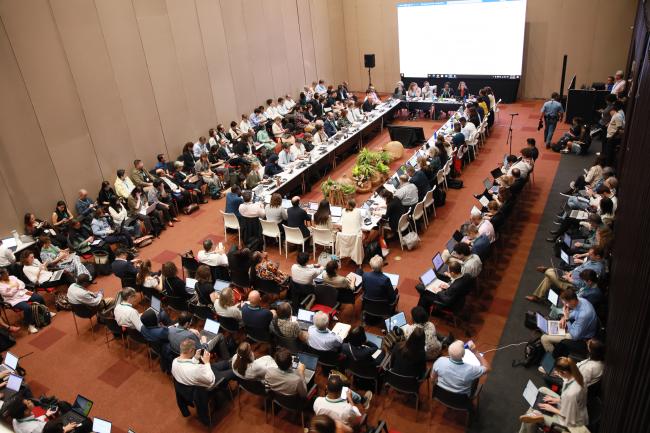Indigenous Peoples and local communities (IPLCs), in their immense diversity, apply an array of traditional practices in environmental stewardship, and their knowledge-systems make valuable contributions to the conservation and sustainable use of biodiversity.
Want to dig deeper into today's talks? Read the full Earth Negotiations Bulletin daily report.
Afro-descendants came to the forefront of the day’s agenda, as the contact group on Article 8(j), dealing with issues related to IPLCs and traditional knowledge, addressed the proposal by Colombia and Brazil to recognize communities and people of African descent in the processes and implementation of the Convention on Biological Diversity (CBD). At the same time, in the neighboring tent, delegates joined the International Afro-descendant Forum.
Recognition of Afro-descendants is a priority of several Latin American countries, including the host country Colombia, with inspiration coming from national constitutional reforms, as well as the UN Working Group of Experts on People of African Descent, established in the human rights realm. Some parties are more skeptical, wondering why these communities are not included in the Convention’s agreed-upon term, “local communities embodying traditional lifestyles relevant for biodiversity conservation and sustainable use.”
Text-based negotiations continued in multiple settings. Progress in Working Group II was slower than expected, with delegates eventually completing consideration of conference room papers on: implementation of the Nagoya Protocol (NP) on access and benefit-sharing (ABS); the NP capacity-building and development action plan; assessment and review of the NP’s effectiveness; and sustainable wildlife management.
Several contact groups and informal groups deliberated throughout the day and into the night. The contact group on digital sequence information (DSI) on genetic resources focused on data governance and the relationship between the multilateral benefit-sharing mechanism from DSI use and databases that make DSI publicly available. The contact group on planning, monitoring, reporting, and review (PMRR) focused on the draft decision on PMRR, particularly procedures for the global review of collective progress in implementing the Kunming-Montreal Global Biodiversity Framework (GBF).
The contact group on resource mobilization focused on the proposal for a new, dedicated global instrument for biodiversity finance, while the one on the financial mechanism addressed the review of its effectiveness. Another group addressed scientific and technical needs to support GBF implementation and matters related to the work programme of the Intergovernmental Science-Policy Platform on Biodiversity and Ecosystem Services (IPBES). The contact group on marine and coastal biodiversity resolved pending issues regarding the modalities for the modification of descriptions of ecologically or biologically significant marine areas (EBSAs) and the description of new ones.
A stocktake plenary is scheduled for Friday evening, giving delegates an opportunity to assess progress before a much-needed weekend break.
To receive free coverage of global environmental events delivered to your inbox, subscribe to the ENB Update newsletter.
All ENB photos are free to use with attribution. For the 2024 UN Biodiversity Conference, please use: Photo by IISD/ENB | Mike Muzurakis
Working Group II
Contact Groups

From L-R: Alexander Shestakov, Russian Federation; Badrinarayanan Balaji Lnu, India; and Sikeade Egbuwalo, Nigeria

From L-R: Jillian Campbell, CBD Secretariat; and Contact Group on mechanisms for planning, monitoring, reporting and review Co-Chairs Gillian Guthrie, Jamaica, and Carolina Caceres, Canada

From L-R: Contact Group on scientific and technical needs Co-Chairs Senka Barudanović, Bosnia and Herzegovina, and Wataru Suzuki, Japan; and Jihyun Lee, CBD Secretariat
